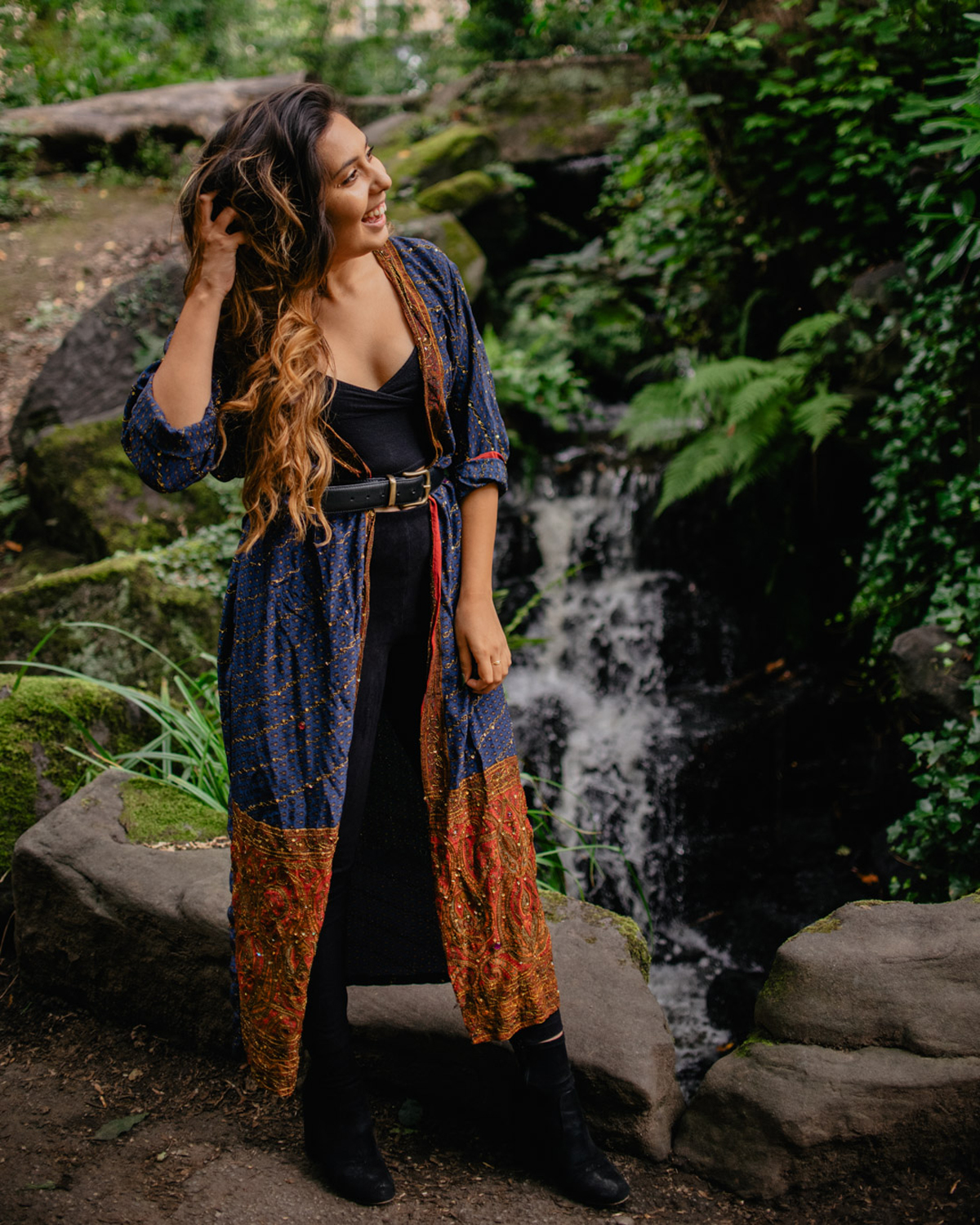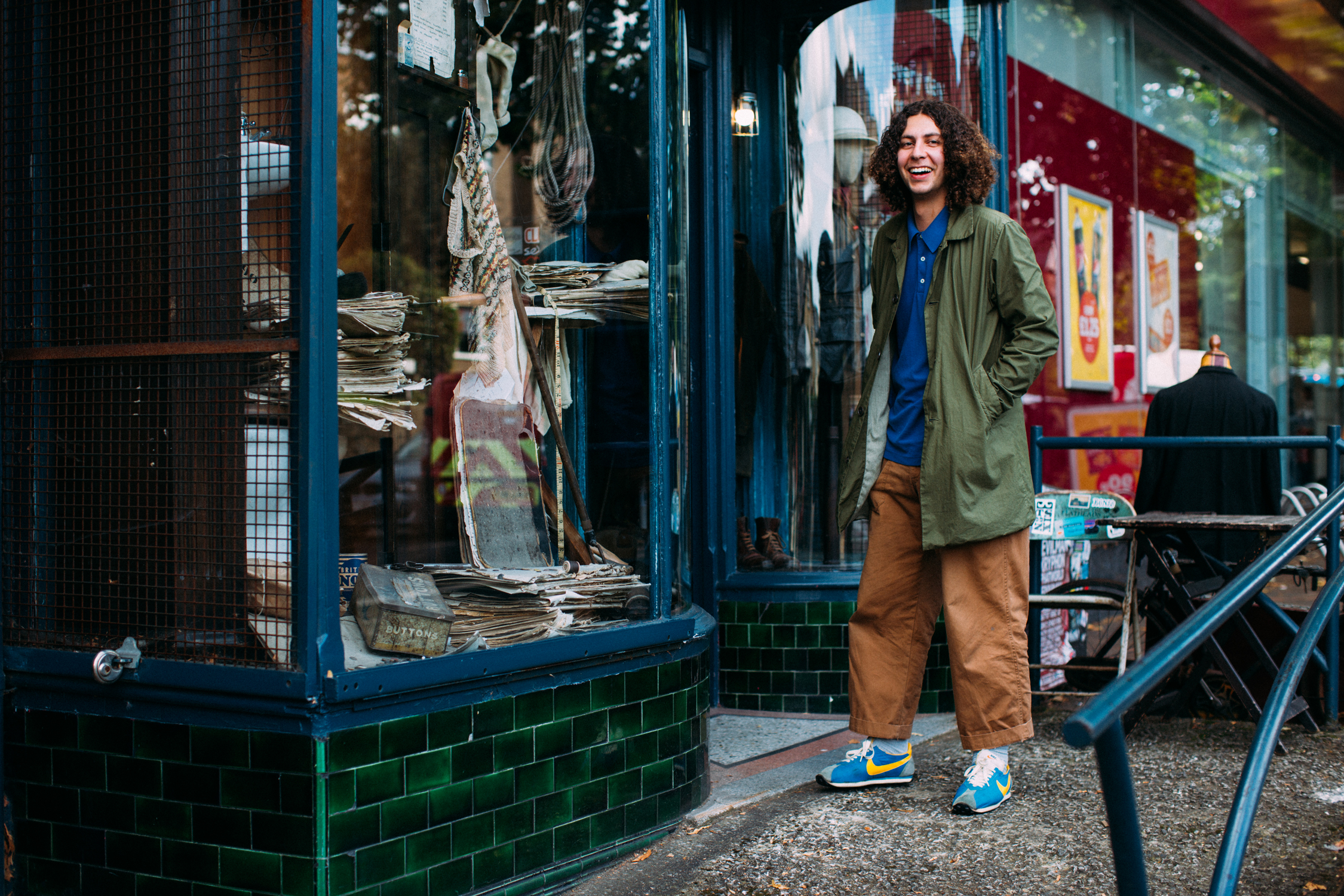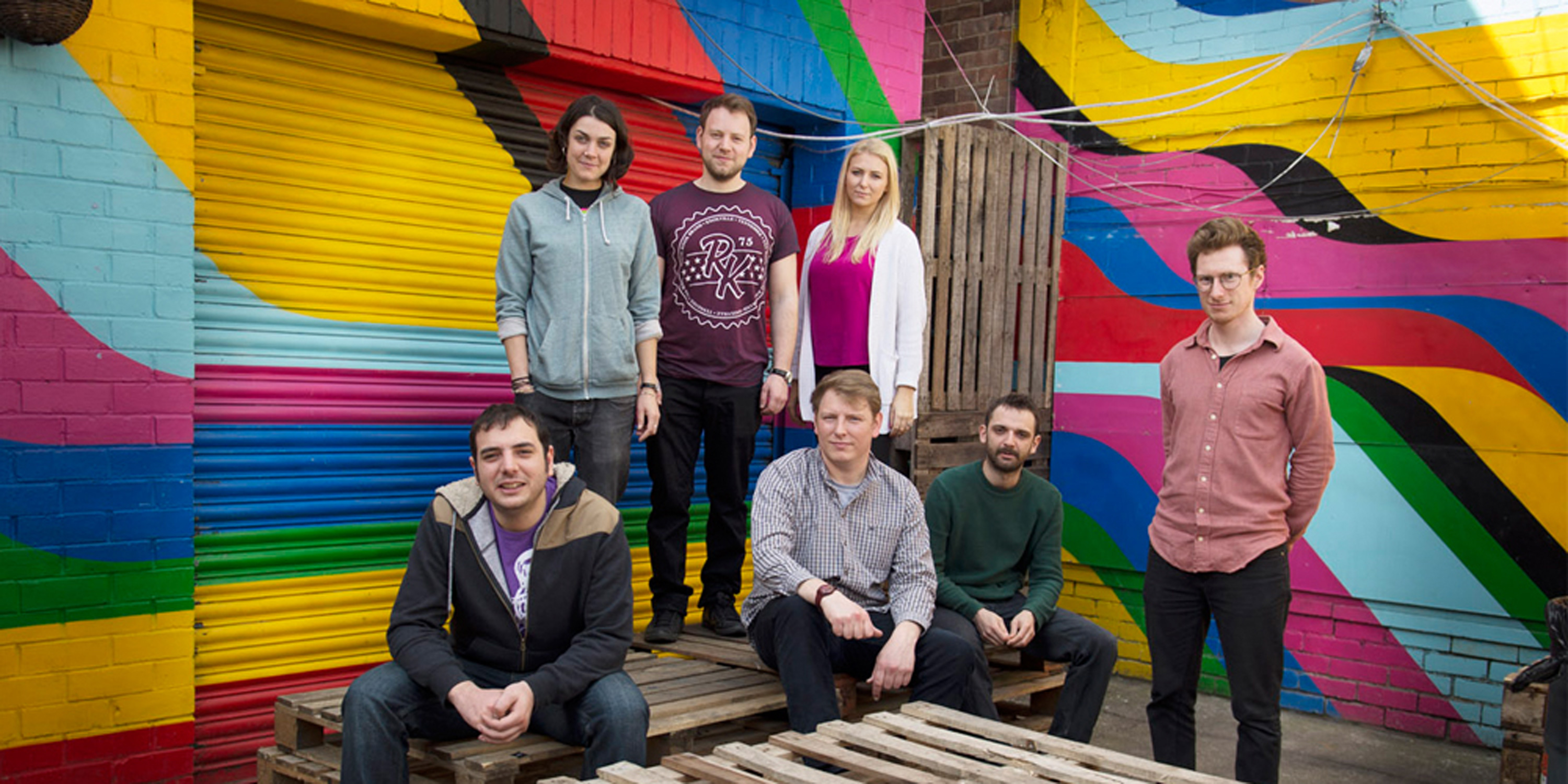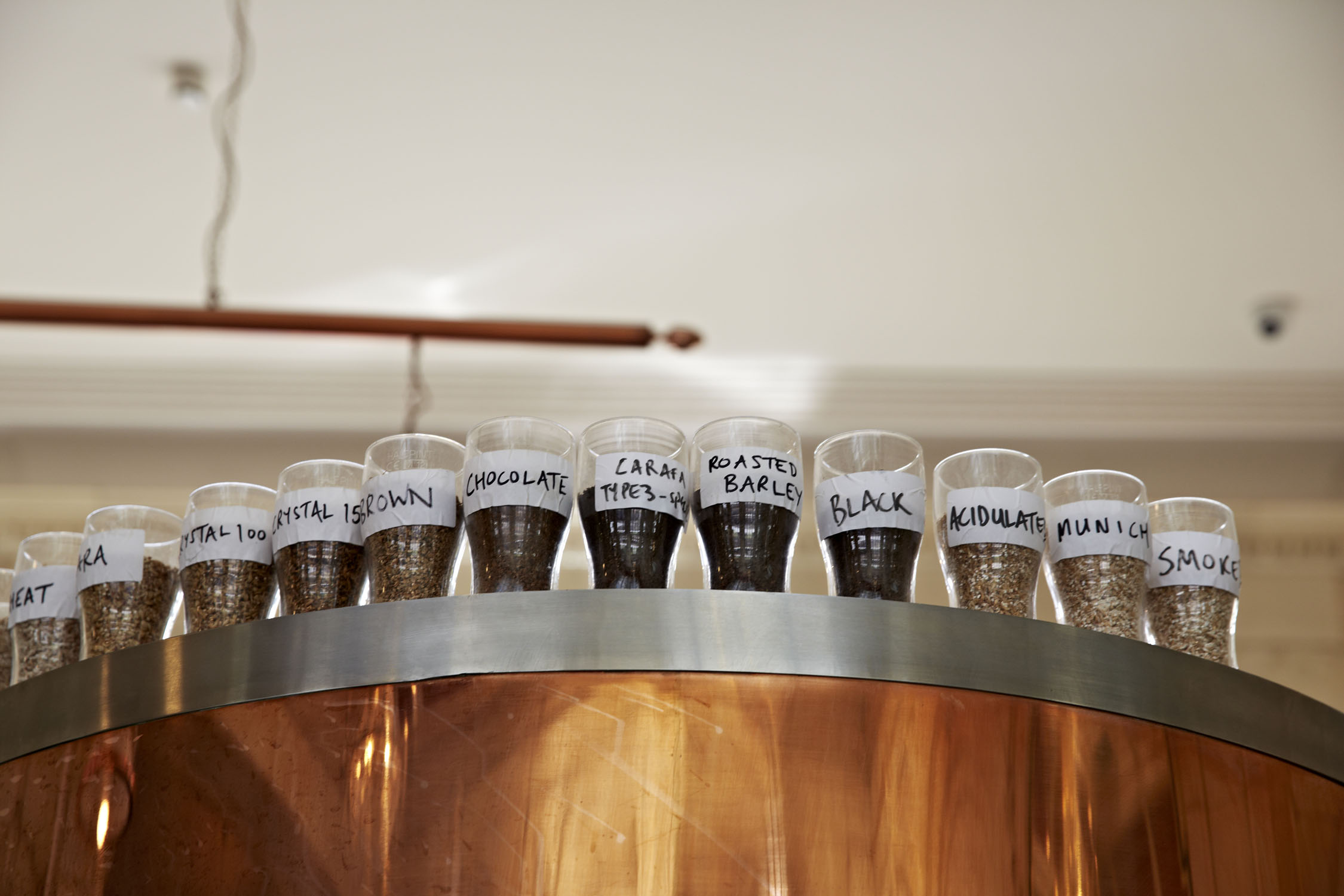Stressing about what you’re going to wear tonight? Worried that you’re not making very eco-friendly decisions? Getting nervous about global warming? Well it's time to relax, because My Indie Wardrobe is here to help you!
My Indie Wardrobe is a website founded and edited by Sheffield-based writer Hannah Clugston showcasing an alternative way of shopping, aiming to demonstrate that it isn’t hugely time consuming or complicated to buy clothes that are kind to both the planet and the people crafting them!
Sustainable fashion. We’ve heard about it from various places and read about it in magazines, but do we actually know what it is? Green fashion or sustainable fashion is the process of creating clothes, shoes, accessories and other textiles through practices that take into account environmental, social and economic implications; it seeks to minimise waste throughout the supply chain. A sustainable approach to making, buying and using clothes is key to protecting the planet, as well as the lives of those involved in the creation of what's in your wardrobe. To contribute to the wellbeing of the planet, shopping sustainably can involve seeking fashion made from environmentally friendly fabrics – these include grown fibre crops or recycled materials – or looking to charity shops for your new clothes.
My Indie Wardrobe features interviews with people about what's in their wardrobes and companies who make products ethically. We sat down with Hannah to find out more about the website and why it's important to reconsider the way we shop…












